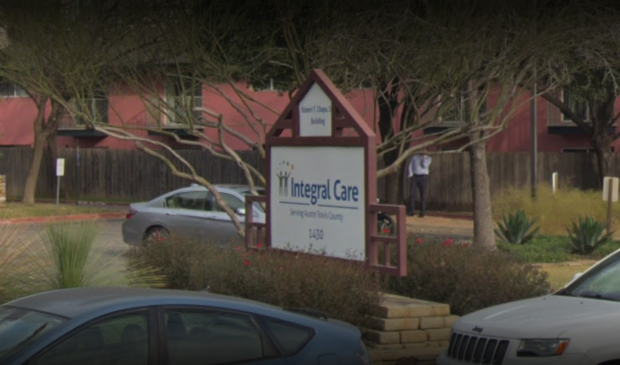Despite sparse data, county court moves forward on mental health jail diversion program
Wednesday, August 14, 2019 by
Jack Craver The Travis County Commissioners Court voted Tuesday to enter into an agreement with Integral Care, the local mental health authority, aimed at getting criminal defendants with serious mental health problems out of jail and into treatment. The agreement will expand a pilot program that has been in place for the past three years.
While the county’s Pretrial Services Department has for years allowed nonviolent offenders to be released on “personal bonds” that don’t require payment, they are often hesitant to approve release for individuals dealing with serious mental health conditions that make it more likely they won’t show up for their court dates.
In the pilot program, such defendants have been released on “mental health bond” if they agree to submit to intensive mental health services.
While the three members of the court who were present agreed to move forward with the agreement, they were troubled by the lack of data presented by county staff on the pilot program.
In the last full year of the pilot program, Pretrial Services initially flagged 256 defendants as potentially eligible for the program. Of that group, 136 underwent a mental health assessment and 58 were ultimately enrolled in the program.
However, staffers did not provide any further information on the outcomes of the program, including whether the participants were successfully treated and whether they ended up back in jail again.
Valerie Hollier, planning project manager with Justice Planning, said the lack of data speaks to the need for the interlocal agreement with Integral Care. County staff members do not have access to sensitive medical information on inmates referred to Integral Care for psychiatric care, she said. Therefore, staffers have no information on the treatment outcomes achieved.
That answer did not satisfy Commissioner Brigid Shea. At the very least, she said, shouldn’t the county have information from its own jail about whether the defendants participating in the program had gotten into legal trouble again?
“We should be able to look and see if they’re coming back to our jails on a frequent basis,” said Shea.
County Judge Sarah Eckhardt agreed: “When we move something from a pilot to an ILA (interlocal agreement), we should have the results of the pilot.”
Assistant County Attorney Jennifer Kraber explained that the county’s Pretrial Services Department, which was running the pilot project, was mostly focused on whether defendants showed up for their court dates, not whether they resolved their mental health problems long-term or reoffended at some point in the future.
Shea also wondered whether the new program would coordinate with the Pay for Success program the county is helping to fund. That program aims to reduce jail and hospital costs by providing housing and treatment for 250 homeless people who are regularly being arrested or hospitalized due to overdoses.
“If you’re not aware of it, if there’s no coordination with them, we need to look at that and understand if and how these activities relate to each other,” she said.
Hollier noted that only those identified as the highest users of jail, mental health services and hospitals qualify for Pay for Success. Some of those people may also receive mental health bonds, in which case the county would look to the Pay for Success services to help them stabilize.
Stacy Brown, director of Pretrial Services, said the department was “100 percent supportive” of collaborating with any other program that offers relevant services to those released on mental health bonds.
Because the interlocal agreement does not require any funds, Eckhardt suggested the court move forward with approving the agreement. At next week’s meeting, she said, the court should get information from staff on the performance of the pilot program in terms of recidivism.
Eckhardt’s motion was approved 3-0.
Separately, county staffers have included $128,000 in the preliminary budget to move two project positions related to the pilot into permanent positions. However, the court will be able to decide separately whether it wants to fund those positions when it deliberates on the budget in the coming weeks.
Photo courtesy of Google Maps.
The Austin Monitor’s work is made possible by donations from the community. Though our reporting covers donors from time to time, we are careful to keep business and editorial efforts separate while maintaining transparency. A complete list of donors is available here, and our code of ethics is explained here.
You're a community leader
And we’re honored you look to us for serious, in-depth news. You know a strong community needs local and dedicated watchdog reporting. We’re here for you and that won’t change. Now will you take the powerful next step and support our nonprofit news organization?




